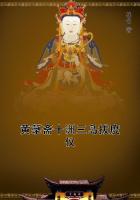The old fellow thought he was mistaken, and cursed the servant; but he was none the less determined to make sure of the affair. As the day of Father Jehan's visit was close at hand, Bertha, whose suspicions were aroused by this speech, wrote him that it was her wish that he should not come this year, without, however, telling him her reason; then she went in search of La Fallotte at Loches, who was to give her letter to Jehan, and believed everything was safe for the present. She was all the more pleased at having written to her friend the prior, when Imbert, who, towards the time appointed for the poor monk's annual treat, had always been accustomed to take a journey into the province of Maine, where he had considerable property, remained this time at home, giving as his reason the preparations for rebellion which monseigneur Louis was then ****** against his father, who as everyone knows, was so cut up at this revolt that it caused his death. This reason was so good a one, that poor Bertha was quite satisfied with it, and did not trouble herself. On the regular day, however, the prior arrived as usual. Bertha seeing him, turned pale, and asked him if he had not received her message.
"What message?" said Jehan.
"Ah! we are lost then; the child, thou, and I," replied Bertha.
"Why so?" said the prior.
"I know not," said she; "but our last day has come."
She inquired of her dearly beloved son where Bastarnay was. The young man told her that his father had been sent for by a special messenger to Loches, and would not be back until evening. Thereupon Jehan wished, is spite of his mistress, to remain with her and his dear son, asserting that no harm would come of it, after the lapse of twelve years, since the birth of their boy.
The days when that adventurous night you know of was celebrated, Bertha stayed in her room with the poor monk until supper time. But on this occasion the lovers--hastened by the apprehensions of Bertha, which was shared by Jehan directly she had informed him of them--dined immediately, although the prior of Marmoustier reassured Bertha by pointing out to her the privileges of the Church, and how Bastarnay, already in bad odour at court, would be afraid to attack a dignitary of Marmoustier. When they were sitting down to table their little one happened to be playing, and in spite of the reiterated prayers of his mother, would not stop his games, since he was galloping about the courtyard on a fine Spanish barb, which Duke Charles of Burgundy had presented to Bastarnay. And because young lads like to show off, varlets make themselves bachelors at arms, and bachelors wish to play the knight, this boy was delighted at being able to show the monk what a man he was becoming; he made the horse jump like a flea in the bedclothes, and sat as steady as a trooper in the saddle.
"Let him have his way, my darling," said the monk to Bertha.
"Disobedient children often become great characters."
Bertha ate sparingly, for her heart was as swollen as a sponge in water. At the first mouthful, the monk, who was a great scholar, felt in his stomach a pain, and on his palette a bitter taste of poison that caused him to suspect that the Sire de Bastarnay had given them all their quietus. Before he had made this discovery Bertha had eaten.
Suddenly the monk pulled off the tablecloth and flung everything into the fireplace, telling Bertha his suspicion. Bertha thanked the Virgin that her son had been so taken up with his sport. Retaining his presence of mind, Jehan, who had not forgotten the lesson he had learned as a page, leaped into the courtyard, lifted his son from the horse, sprang across it himself, and flew across the country with such speed that you would have thought him a shooting-star if you had seen him digging the spurs into the horse's bleeding flanks, and he was at Loches in Fallotte's house in the same space of time that only the devil could have done the journey. He stated the case to her in two words, for the poison was already frying his marrow, and requested her to give him an antidote.
"Alas," said the sorceress, "had I known that it was for you I was giving this poison, I would have received in my breast the dagger's point, with which I was threatened, and would have sacrificed my poor life to save that of a man of God, and of the sweetest woman that ever blossomed on this earth; for alas! my dear friend, I have only two drops of the counter-poison that you see in this phial."
"Is there enough for her?"
"Yes, but go at once," said the old hag.
The monk came back more quickly that he went, so that the horse died under him in the courtyard. He rushed into the room where Bertha, believing her last hour to be come, was kissing her son, and writhing like a lizard in the fire, uttering no cry for herself, but for the child, left to the wrath of Bastarnay, forgetting her own agony at the thought of his cruel future.
"Take this," said the monk; "my life is saved!"

